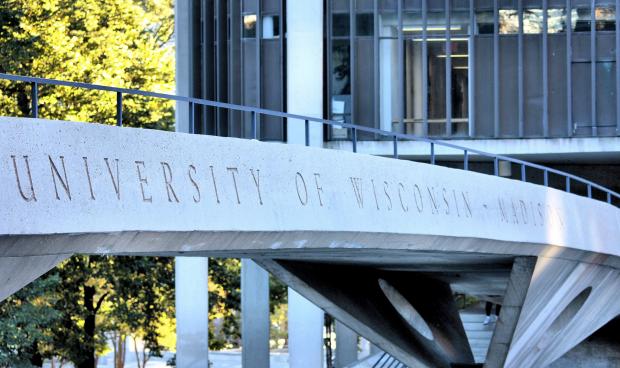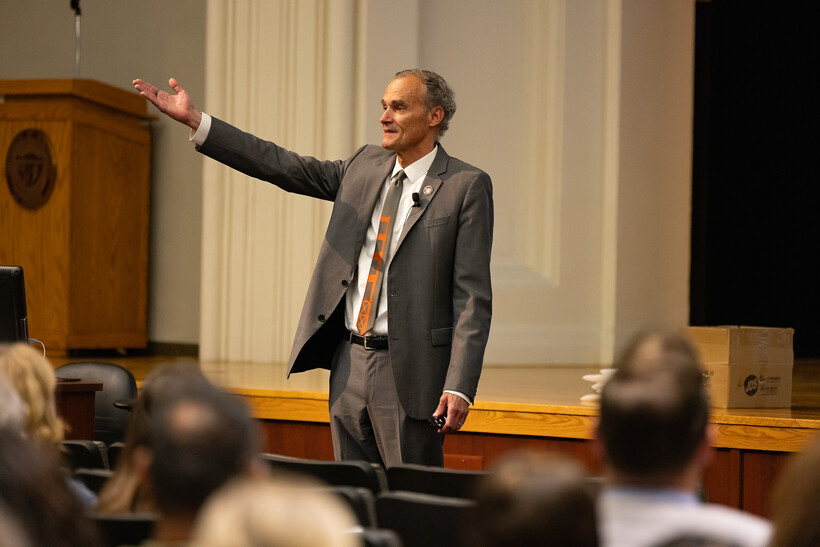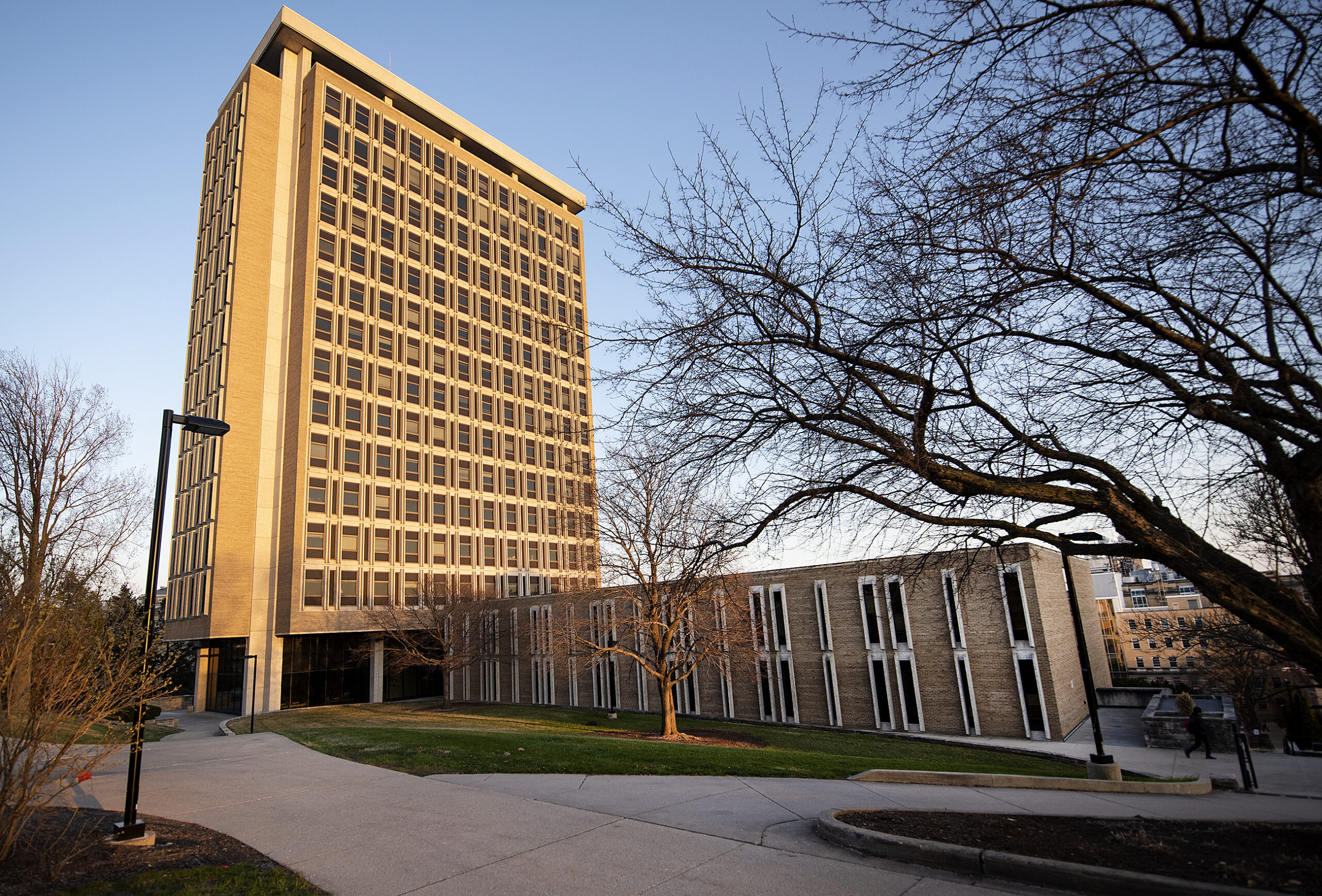The University of Wisconsin System Board of Regents unanimously approved a resolution at its meeting Friday affirming the system’s commitment to free speech.
The move comes as Republicans in the state Legislature are pushing a bill that could either suspend or eventually expel students who interrupt, heckle or intimidate speakers with whom they disagree.
The regents’ called their resolution a “guidepost” on free expression on campus. The resolution doesn’t contain punitive measures included in the Republican-supported bill that passed the Assembly on a party line vote of 61-36.
Stay informed on the latest news
Sign up for WPR’s email newsletter.
At Friday’s meeting, Regent Vice President Drew Peterson called the resolution “concise and direct.”
“Whether it be provocative thought or provocative and potentially breakthrough research the lecture halls and laboratories must remain open, inquisitive, and unfettered,” Peterson said.
Opponents of the Assembly bill, including Democratic state Rep. Chris Taylor, have said it would “gag” students’ First Amendment rights.
Supporters say it is needed in light of disruptions on campuses around the nation, often involving opposition to controversial conservative speakers.
UW System president Ray Cross spoke in favor of the non-punitive resolution.
“Without civility it is virtually impossible for the university to pursue its mission: the pursuit of truth,” Cross said.
The regents also heard a report from a task force on “campus climate.” It looked at what issues students face based on race, background, or sexual identity.
Cross told the board that during listening sessions, business leaders said it was an area of concern.
“They were most vocal about this, that ‘You’re not doing a good job of preparing students to work with those with whom they differ. Regardless of if the difference is race, religion, sexual orientation, or now politics.’”
The task force recommended that the university should reach out to students of color and other underrepresented backgrounds while they’ are still in high school.
Wisconsin Public Radio, © Copyright 2024, Board of Regents of the University of Wisconsin System and Wisconsin Educational Communications Board.






